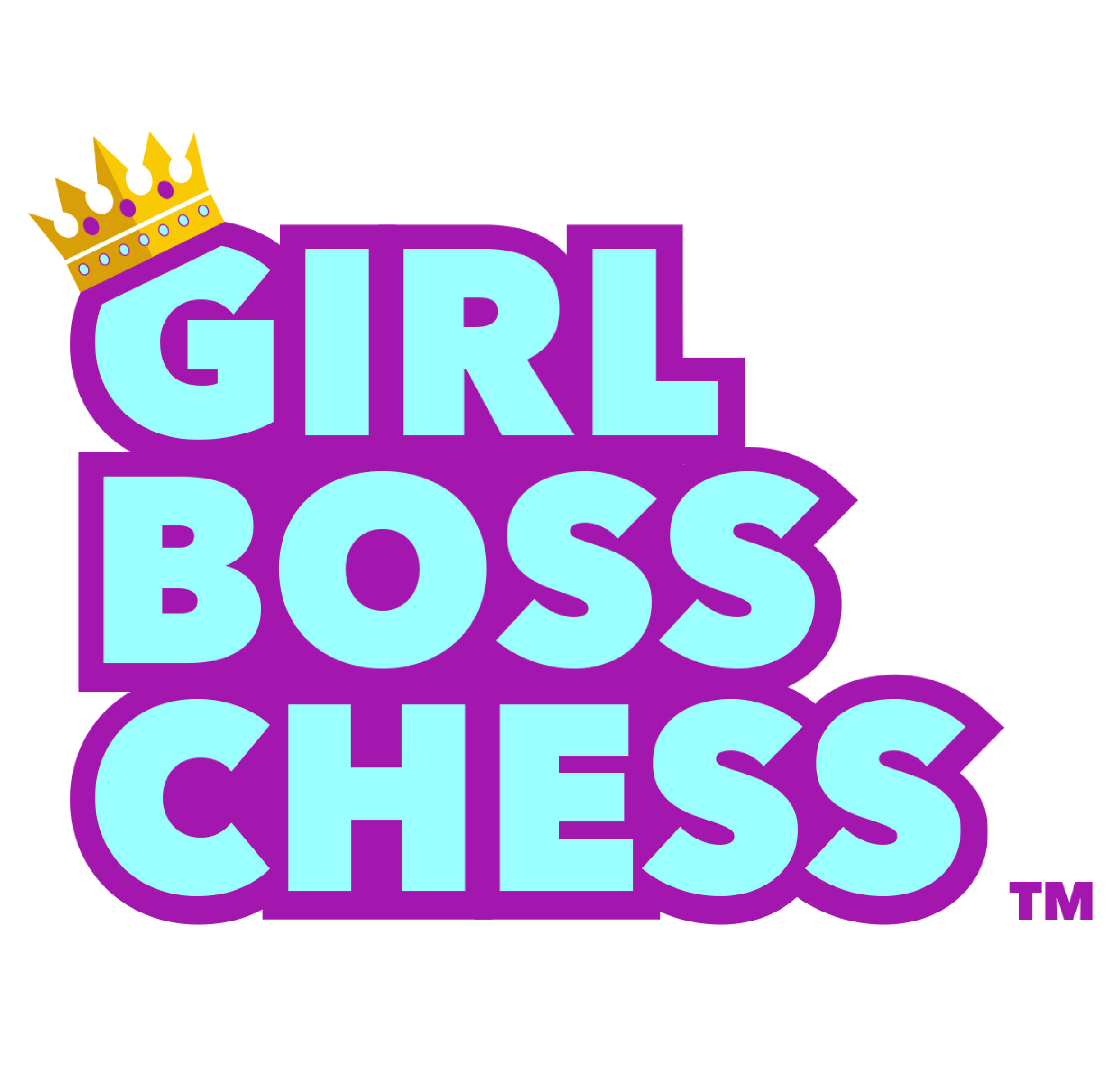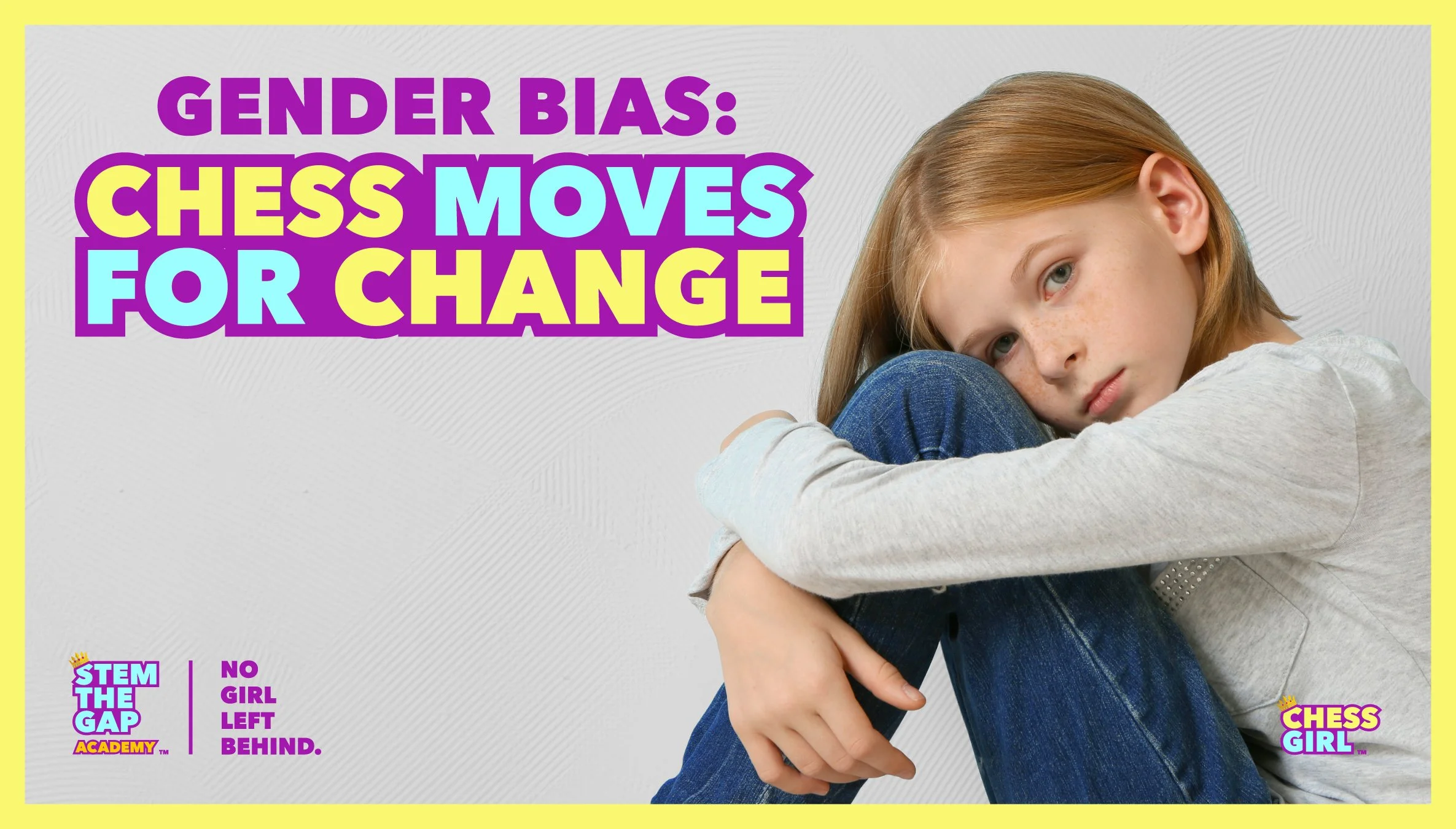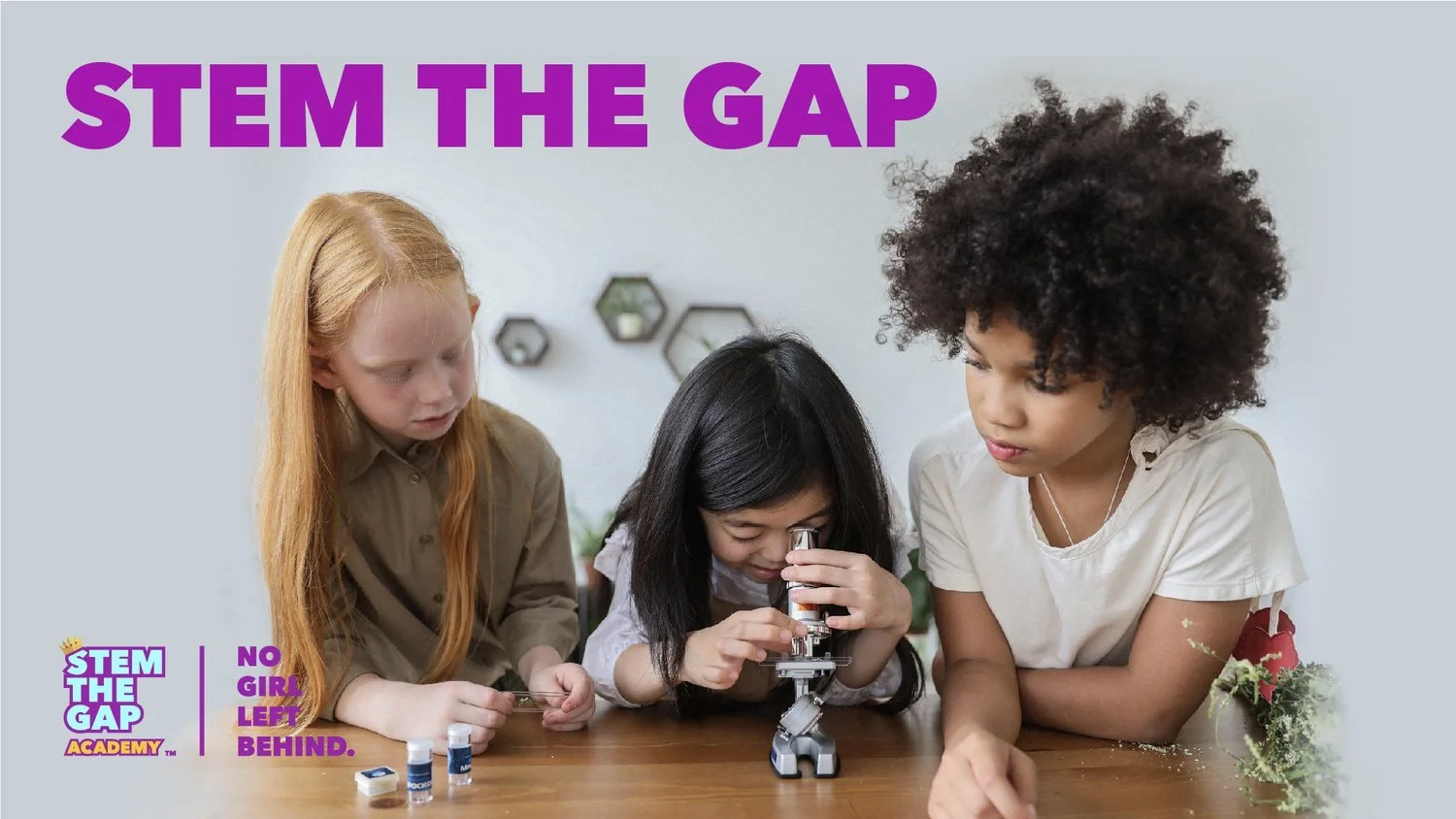HOLD THE APPLAUSE
As a society, we are completely obsessed with achievement. Whether it’s in sports, in business or in the arts, when we think of achievement, we always think of people who are at the top of their game, winning Oscars and championships and racking up accolade after accolade. We celebrate wealth, influence and privilege and while many of us aspire to reach that desired pinnacle of success, the majority of people are left frustrated, burnt-out and desperately caught in the daily grind of life, wondering why they have it so hard while others have it so good.
When we look at these people at the top, we often iterate statements like, “They are so talented!” and “I guess some people just got it and some people don’t.” What we’re really saying, however, is “I am not good enough,” and “I guess I will never be able to get to where those people are at.”
And so, we stop trying…because what’s the point?
What we’re really doing though is celebrating the outcome that we see before us, rather than celebrating the process and the efforts that made that person successful in the first place! And all this is because of a subconscious belief that many of us internalized as children: that some people are born with talent to do certain things and some people simply are not.
Now, it is important to acknowledge that there are numerous dynamics in society, including racism, misogyny, poverty, privilege and so on, that play a huge part in who makes it and how fast they make it in various industries. It is important to acknowledge that opportunities are not equal for all, because this is a reality that (while slowly changing for the better) is out of our individual control for the most part. However, research has shown that what is within our control, in the face of challenges and adversity, is our mindsets.
In Carol Dweck’s ground-breaking book ‘Mindset’, she outlines that there is a fixed mindset and a growth mindset. People with a fixed mindset hold that “basic qualities, like their intelligence or talent, are simply fixed traits. They spend their time documenting their intelligence or talent instead of developing them,” while people with a growth mindset people believe that their most basic abilities can be developed through dedication and hard work—brains and talent are just the starting point. This view creates a love of learning and a resilience that is essential for great accomplishment.” (Dweck, 2015)
The distinction between these two mindsets is crucial for parents and educators to make note of and understand, especially when dealing with young children. When we only applaud young children for getting good grades or scoring top points, we are subconsciously reinforcing a fixed mindset. We end up highlighting the importance of success and winning, without acknowledging the trial-and-error effort required behind any long-lasting success.
What this does, in the long-term, is it creates a fear of failure in children. They, in turn, learn to stick to what is safe and what is within their comfort zones or, worst of all, they give up entirely and stop trying as soon as things get challenging. They learn that if it is hard, then they must not be good or talented enough and so, they move on to something else that they feel is guaranteed to give them the validation and approval from adults that they are wired to seek out. They develop a fixed mindset, which fails to serve them in the present and in the future.
So, what do we do? Should we stop applauding children’s achievements altogether?
Absolutely not. It’s not a matter of not applauding; we just need to become more cognizant of what it is that we are applauding.
As adults, educators and caregivers, we need to start consciously applauding efforts, not results…process not intelligence, which is exactly what we do at Girl Boss Chess.
When we applaud efforts and process, we convey that failure is inevitable and a part of the growth process. We encourage children to get back up when they fail to get the desired outcome, we teach them to learn from errors, to become critical thinkers, and to seek lessons in every disappointment they face so that they can pivot and grow. That is what a growth mindset is all about.
It’s a realization that success is not easy, even if it looks that way. Children who are taught to have a growth mindset, embrace the identity of a learner. Learners are open to critique, failure and disappointments, because they believe that there is always a way and they are more than capable of finding a way, no matter how many times they don’t succeed.
A growth mindset is the way forward when it comes to any and all human progress…and that is far more worth a round of applause than a lone achievement ever will be.
To help your girl develop a growth mindset, make sure that you sign her up for our Girl Boss Chess classes. No matter her level, we are passionate and keen to give her the skills and the mindset that will equip and empower her in the future.
Sally Sampson











